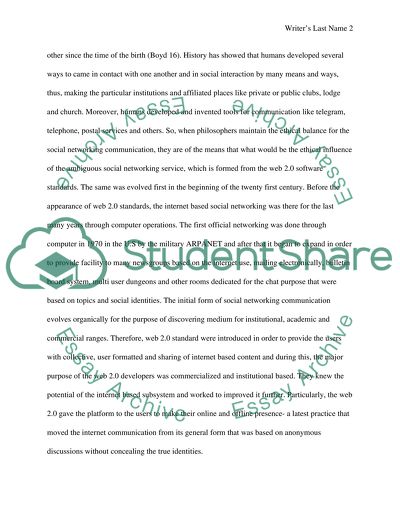Cite this document
(“Ethics of social media Essay Example | Topics and Well Written Essays - 2500 words”, n.d.)
Retrieved from https://studentshare.org/journalism-communication/1403039-ethics-of-social-media
Retrieved from https://studentshare.org/journalism-communication/1403039-ethics-of-social-media
(Ethics of Social Media Essay Example | Topics and Well Written Essays - 2500 Words)
https://studentshare.org/journalism-communication/1403039-ethics-of-social-media.
https://studentshare.org/journalism-communication/1403039-ethics-of-social-media.
“Ethics of Social Media Essay Example | Topics and Well Written Essays - 2500 Words”, n.d. https://studentshare.org/journalism-communication/1403039-ethics-of-social-media.


